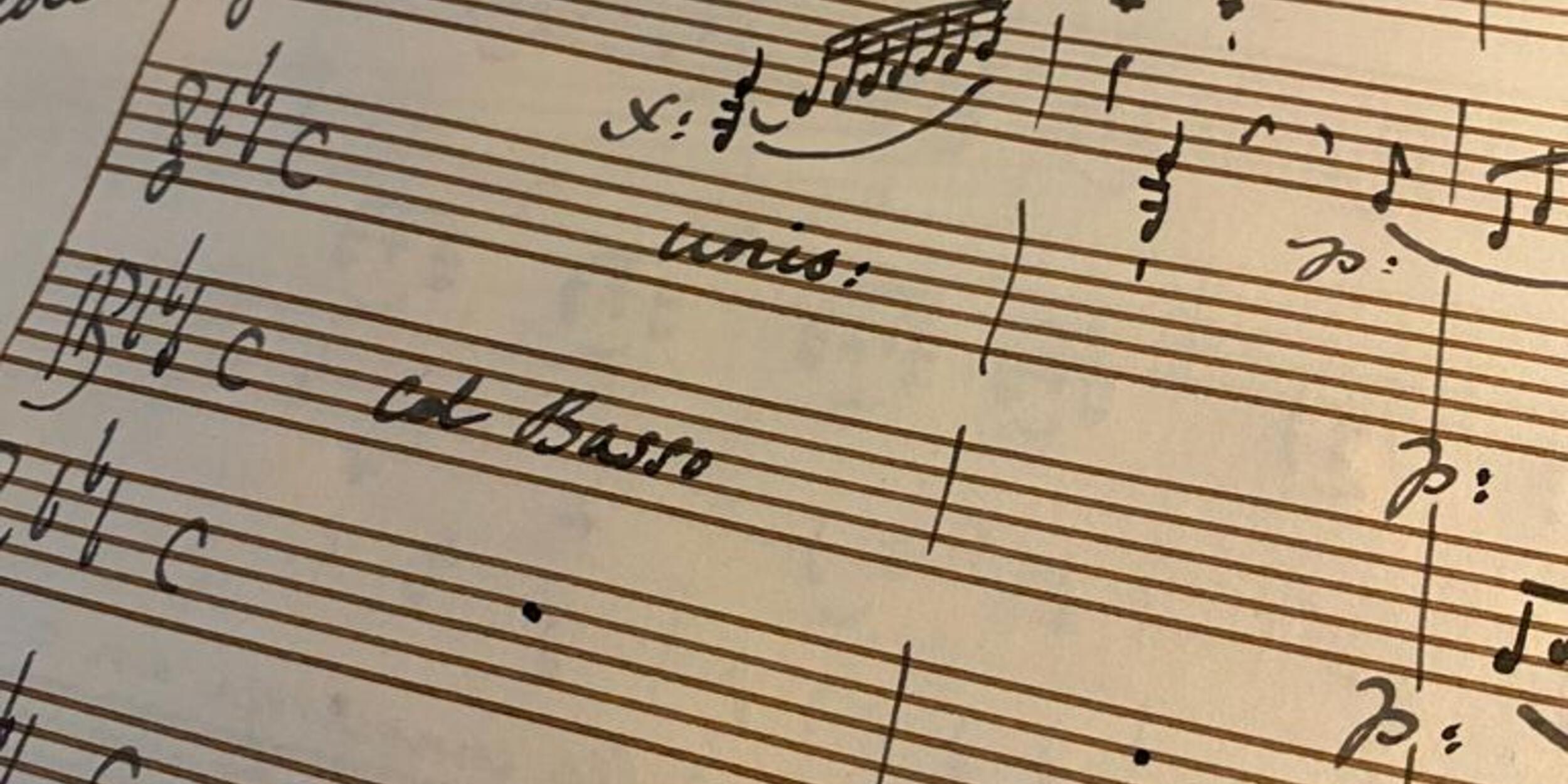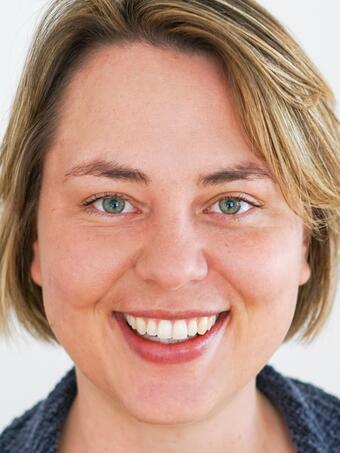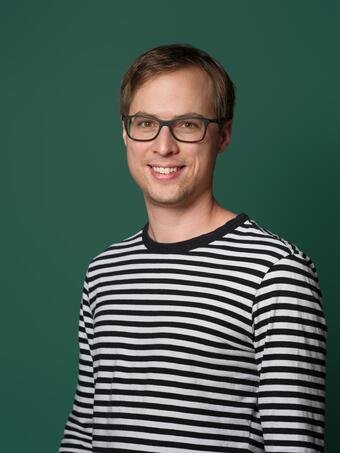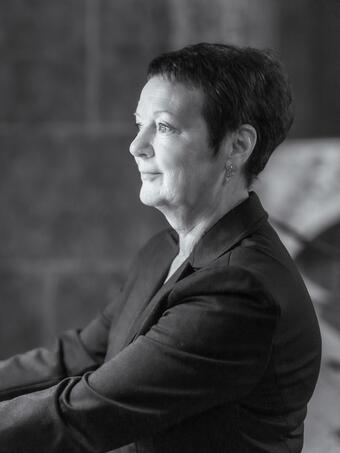Music theory

Overview
Music theory is the meeting point between artistic practice, scholarly research and theoretical reflection on music. By examining musical structures in performance practice, interpretation and listening experience, students deepen and refine their knowledge of the fundamentals of independent academic research, and will become confident in handling both contemporary and historical material.
Department of Studies & Examinations
+43 676 88122 492
studienabteilung@moz.ac.at
Length of course
4 semesters / 120 ECTS-AP
Language
German
Application period
1.2.–28.2.2025
Auditions
summer semester each year
dates see at "Audition dates"
overview of all dates
Downloads
General course information
The Master's programme in Music Theory offers the best possible opportunities to develop creative and reflective skills with musical material in all genres. In order to nurture students' individual interests, the programme offers the chance to specialise at an early stage in the course. Students can choose between electronic music, musicology, conducting or jazz and popular music and applied composition. Students can take advantage of courses offered by various institutes of the Mozarteum University and the Paris Lodron University Salzburg.
The study programme is oriented towards the current state of development and development of the arts as well as the state of research in the academic disciplines involved. The aim of the Master's programme is to deepen and complement the academic and artistic competencies achieved in the course of a Bachelor's degree in a relevant subject. The artistic study programme qualifies students for professional practice in the following fields:
- freelance music theorist
- freelance composer
- academic teacher of music theory (or composition)
- conductor
- performing musician
- mentoring in theory and interpretation for ensembles and individual musicians
- arrangement and applied composition
- work in recording studios
The degree programme also serves to qualify students for professional activities in all institutions relevant to music: festivals, radio stations and television channels, the recording industry, artists' agencies, music management, publishing houses, trade journals, etc., in which the application of artistic and scholarly knowledge and methods is required. In addition, the degree programme contributes to students' personal development and the furthering of their social skills. Students will learn to perceive and help shape developments in the arts and in society as a whole.
The aim of the study programme is enable students to reach the peak of their creative or reflective abilities and to impart a confident handling of musical material in all genres (instrumental, vocal and electronic music). The composition programme at the Mozarteum University is characterised by the fact that, in addition to the elective options required within the framework of the curriculum, students can choose electives to build an individual focus as part of their studies.
Obvious specialisations for the study of composition include Electronic Music and Audiovisual Media, Musicology, Early Music, New Music, Conducting, Jazz and Popular Music and Applied Composition. Students can choose from the courses offered by various institutes of the Mozarteum University and the Paris Lodron University Salzburg.
The curriculum is competence-oriented. Upon completion of the programme, students should:
- be highly knowledgeable in the musical styles of different historical periods and be able to present this at the highest level
- be free and independent in their artistic work
- be capable of critically engaging with artistic and scholarly issues
- have acquired comprehensive knowledge of music theory and musicology and be able to apply it practically
- have mastered the basics of academic working practices and be able to analyse, interpret and write up artistic content in a well-founded manner
- be able to use new media effectively
- have developed their individual interests beyond their own subject area through targeted in-depth study within the framework of elective subjects, in the spirit of lifelong learning
The four-semester master's programme in music theory is modular in structure. A module is the combination of teaching and learning content into thematically and didactically meaningful units of study. The names and content descriptions (course objectives) of the individual modules as well as the number of ECTS credits to be achieved for each module and the type of performance assessment are specified in the curriculum. The module descriptions refer to the corresponding learning outcomes and competencies. The Master's programme is a face-to-face programme and cannot be offered - not even in part - as a distance learning programme.
The courses from the Principal Study, as well as in other One-to-One Tuition, are designed to build upon each other. Prerequisite for enrolment in courses from the Principal Study or One-to-One Tutition is a positive evaluation of the previous semester (from the second semester onwards). In addition to the compulsory courses in music theory, musicology and electroacoustic composition, the curriculum requires the completion of a large number of free electives, enabling students to freely choose the direction of their studies. The electives can be taken both at the Mozarteum and at the University of Salzburg, as well as the Salzburg University of Applied Sciences.
The curriculum provides an overview of the courses to be completed, which are grouped into modules.
The courses are visible online in Curriculum Support:
Admission to a master's program requires the completion of a relevant bachelor's degree (BA) or another equivalent degree at a recognised domestic or foreign post-secondary educational institution (e.g. university, college) (§ 64 Para. 3 UG 2002).
A prerequisite for starting the course is also passing an audition. Auditions take place once a year and consist of an instrumental audition and, if necessary, proof of German language skills. All information about the audition can be found under “Information on the admissions process” further down on the page.
PLEASE NOTE: You can only apply for study programmes for which you have not yet obtained a degree!
Students of the Master's programme are encouraged to complete a semester abroad. Semesters 2 and 3 of the degree programme are particularly suitable for this. In addition to subject-specific competences, a study period abroad can also lead to the acquisition and deepening of:
- Subject-specific foreign language skills
- General foreign-language skills (language comprehension, conversation, etc.)
- Organisational skills, through independent planning of everyday student life in international administrative and university structures
- Knowledge about international study systems, as well as broadening one's own subject perspective
- Intercultural competences
Examinations and assessments taken during studies abroad can be approved by the Director of Studies as equivalents to compulsory subjects, elective subjects or free elective subjects required by the Mozarteum University for your degree course. The documents required for the approval procedure are to be submitted by the applicant immediately after their exchange semester.
Details at International Affairs.
Information on the admissions process
Admission to an MA Performance programme requires the completion of a relevant bachelor's degree (BA) or other equivalent degree at a recognised domestic or foreign post-secondary educational institution (e.g. university, college) (§ 64 Para. 3 UG 2002).
A prerequisite for admission to this university course is also the successful completion of an audition. Registration for an audition is completed online via Muvac and requires candidates to upload documents proving their eligibility for the course. An invitation to audition will only be issued after the necessary documents have been submitted in full and approved by the admissions office.
PLEASE NOTE:
- Document checks can take up to 6 weeks! Early registration is therefore recommended.
- Applicants can only apply for degree programmes for which they have not yet obtained a degree!
Applicants whose documents have been approved will be invited to the on-site audition. This consists of an instrumental audition and, if necessary, a test of German language skills.
The following documents must be uploaded in the online application form:
- BA certificate or degree certificate of a relevant degree programme, if the degree programme has already been completed
- Confirmation of current enrolment if the degree programme has not yet been completed (the certificate must be submitted prior to enrolment!)
- Overview of subjects and grades (Transcript of Records) of the BA degree programme
- Official confirmation of the principal study, if this is not evident from the other documents (e.g. "Bachelor of Music" is not sufficient!)
- If further previous studies have been completed, a full overview of subjects and grades (Transcript of Records) of all artistic and pedagogical Master's and diploma studies must also be uploaded.
- Portfolio (see partial examination B)
Form of the documents
- The documents and the portfolio can be uploaded as PDF in the application form.
- If the documents are not available in German or English, an official translation must be submitted.
Please note: Candidates who pass the entrance examination and are offered a university place must ensure that their documents meet the certification requirements by the time of their enrolment at the latest.
2. Once in the MOZonline account: fill in the mandatory statistics UHstat1 (pre-registration for studies) and make a note of the application number that is sent by email upon submission of this information.
3. Create an application account in Muvac
4. Fill out your own profile in Muvac (minimum requirements: personal data, information on expertise matching the desired degree programme, in the CV: current employment and information on previous training)
6. Fill out the application form in Muvac ("Apply now"), being sure to enter your application number (see step 2) or Austrian matriculation number in the appropriate field
Please take a look at the FAQs about registration in Muvac if you get stuck at any of the steps.
- Online registration during the application period via the application portal Muvac (Please note: Registration is only possible if all required information and documents have been submitted!)
- Once the online application has been processed: invitation to on-site audition. The invitation will be sent via Muvac.
- The invitation to audition on-site must be accepted or rejected in Muvac; information on the audition programme in the principal study must be provided if required by the instrument/degree programme in question
- participation in the on-site audition
- Upon passing the audition and being offered a place: invitation to enrol in the degree programme
- Enrolment (in person) during the general admission period
- Composition (120 minutes):
- Stylistic work: "Lied ohne Worte" OR romantic prelude (Chopin, Schumann, Mendelssohn) OR free tonal or dodecaphonic stylistic exercise
- Analysis of a work after 1900 - Aural skills (60 minutes):
1-part atonal
2-part free tonal
3-part polyphonic
4-part homophonic
- Portfolio: Candidates must demonstrate their creative abilities by submitting a portfolio.
The portfolio must contain a selection of works (stylistic works, original compositions) and analyses and, if possible, teaching concepts for composition/aural training/analysis. It must also contain at least one independent essay in German or English (corresponding to a music theory seminar paper of 10-15 pages in length) including a bibliography.
The portfolio must be uploaded in the application form. During the examination, the examination panel will ask questions about the portfolio.
This part of the examination will last approx. 10 minutes. - Analysis: Prepared analysis of a submitted work (30 minutes preparation time).
A short example of a maximum of two pages from the classical or romantic piano or chamber music repertoire is to be analysed with specific questions relating to form, structure, motivic-thematic work, harmony etc. The duration of the examination is approx. 10 minutes. - Interview: Short interview with the examination panel on motivation, background, previous studies, expectations; there may also be questions on the written examination tasks (presentation of analytical facts, possibly also on the piano, explanations of the compositional approach, etc.).
The duration of the interview is approx. 10 minutes.
All applicants whose first language is not German must prove their German skills by the time of enrolment at the latest.
- Required language level: at least B2 (Common European Framework of Reference for Languages GER 2001)
- Information on the approved language certificates can be found HERE
Exam A - Music theory (written): 15.5.-16.5.2025
Exam B - Music theory (oral): 15.5.-16.5.2025
Exam C - German language skills: certificate (to be presented upon enrolment)
Please note that the Mozarteum University Salzburg offers various support options at the time of your audition and during your studies if you have a disability or a chronic illness.
If this applies to you and you would like to take advantage of counselling, please contact Claudia Haitzmann: claudia.haitzmann@moz.ac.at or +43 676 88122 337.
Any questions?
You can find more information about starting your studies here:



